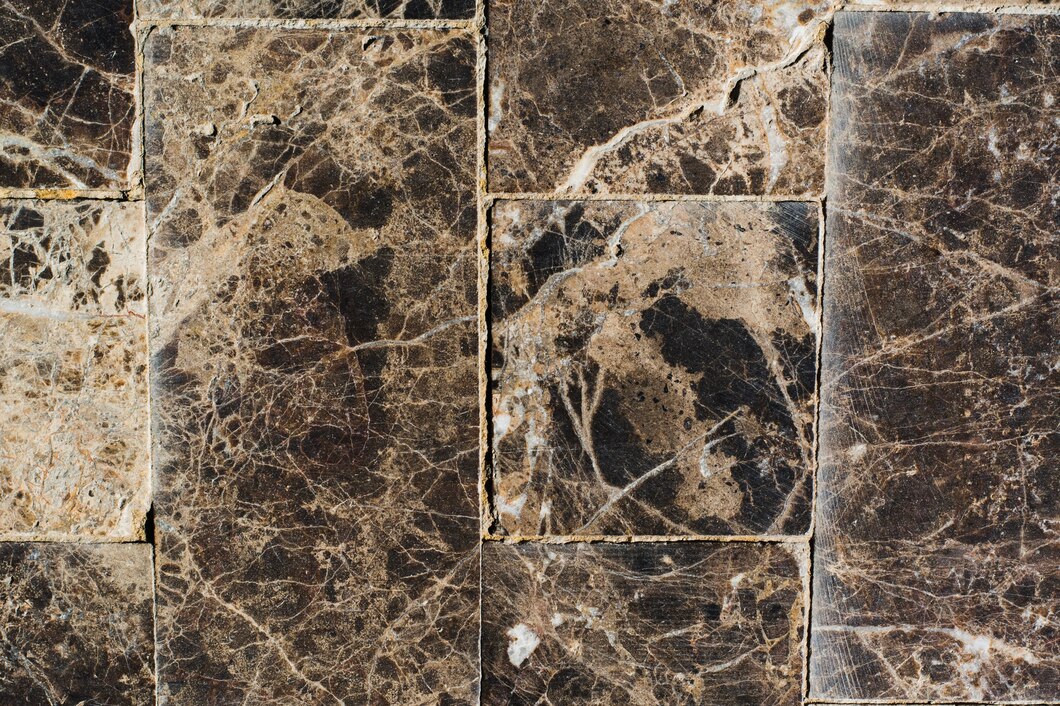Porcelain tiles have gained immense popularity as a flooring and wall covering option due to their durability, versatility, and aesthetic appeal. However, like any material, porcelain tiles have their own set of advantages and disadvantages.
This comprehensive guide will delve into the pros and cons of porcelain tiles, helping you decide on your home or commercial space.
Advantages of Porcelain Tiles: Why They’re a Popular Choice
Durability and Longevity:
One of the most significant advantages of porcelain tiles is their exceptional durability. Crafted from high-quality clay and fired at high temperatures, porcelain tiles are resistant to scratches, stains, and wear and tear, ensuring they maintain their beauty for years. This makes them ideal for high-traffic areas like kitchens, bathrooms, and entryways.
Water Resistance:
Porcelain tiles are highly water-resistant, making them an excellent choice for areas prone to moisture, such as bathrooms, kitchens, and outdoor spaces. Their non-porous surface prevents water absorption, reducing the risk of mold and mildew growth. This characteristic also makes porcelain tiles easy to clean and maintain.
Versatility and Aesthetics:
Porcelain tiles offer unparalleled versatility in terms of design and style. Available in a wide range of colors, patterns, and finishes, including glossy, matte, and textured options, porcelain tiles can complement any interior design scheme.
Whether you prefer a classic, modern, or rustic look, there’s a porcelain tile to suit your taste. Additionally, porcelain tiles can mimic the appearance of natural materials like stone, marble, or wood, providing a realistic and elegant look.
Hygiene and Allergy-Friendly:
Porcelain tiles are non-porous and resistant to allergens, making them a hygienic choice for people with allergies or respiratory sensitivities. Dust mites and other allergens cannot penetrate the tile surface, creating a healthier indoor environment.
Retained Value:
Investing in porcelain tiles can increase the overall value of your property. Their durability, low maintenance, and aesthetic appeal make them a desirable feature for potential buyers.
Disadvantages of Porcelain Tiles: Considerations Before Installation
While porcelain tiles offer numerous advantages, it’s essential to be aware of their potential drawbacks:
Installation Challenges:
Installing porcelain tiles can be more complex and time-consuming compared to other flooring materials. It often requires professional installation to ensure proper leveling and alignment, which can increase costs. Additionally, cutting porcelain tiles requires specialized tools and skills.
Cold to the Touch:
Porcelain tiles are known for being cold to the touch, especially in colder climates. This can be mitigated by using area rugs, underfloor heating systems, or incorporating radiant heat into the tile installation.
Potential for Cracking:
Although rare, porcelain tiles can crack under extreme impact or heavy loads. However, high-quality porcelain tiles are engineered to withstand normal wear and tear.
Joint Maintenance:
Grout lines between porcelain tiles require regular cleaning to prevent dirt and mold buildup. While sealing the grout can help protect it, periodic maintenance is still necessary.
For those seeking premium-quality porcelain tiles, consider exploring options from porcelain tiles exporters. These specialized providers often offer a wider range of high-end designs and finishes, catering to discerning customers.
Porcelain Tiles vs. Other Materials: A Comparative Analysis
To fully appreciate the advantages of porcelain tiles, it’s helpful to compare them to other popular flooring options:
- Porcelain Tile vs. Ceramic Tile: Porcelain tiles are denser, harder, and more water-resistant than ceramic tiles, offering superior durability and longevity. They are also more versatile in terms of design options.
- Porcelain Tile vs. Natural Stone: Porcelain tiles mimic the appearance of natural stone without the high cost and maintenance requirements. They are also more resistant to stains and scratches.
- Porcelain Tile vs. Laminate Flooring: Porcelain tiles are more durable and water-resistant than laminate flooring, making them suitable for high-traffic areas and wet environments. They also offer a more luxurious and upscale appearance.
- Porcelain Tile vs. Vinyl Flooring: Porcelain tiles provide a more durable and longer-lasting option compared to vinyl flooring. They are also more resistant to scratches and dents.
- Porcelain Tile vs. Hardwood Flooring: Porcelain tiles offer a low-maintenance alternative to hardwood flooring, with better water resistance and durability. They are also suitable for areas with high foot traffic.
Conclusion: Making an Informed Decision
Porcelain tiles offer a compelling combination of beauty, durability, and versatility, making them a popular choice for homeowners and businesses alike. While they do have some potential drawbacks, such as being cold to the touch and requiring professional installation, these can often be mitigated through careful planning and selection.
By weighing the advantages and disadvantages carefully, you can determine if porcelain tiles are the right choice for your specific needs and preferences. Consider factors such as your lifestyle, budget, and desired aesthetic when making your decision.
